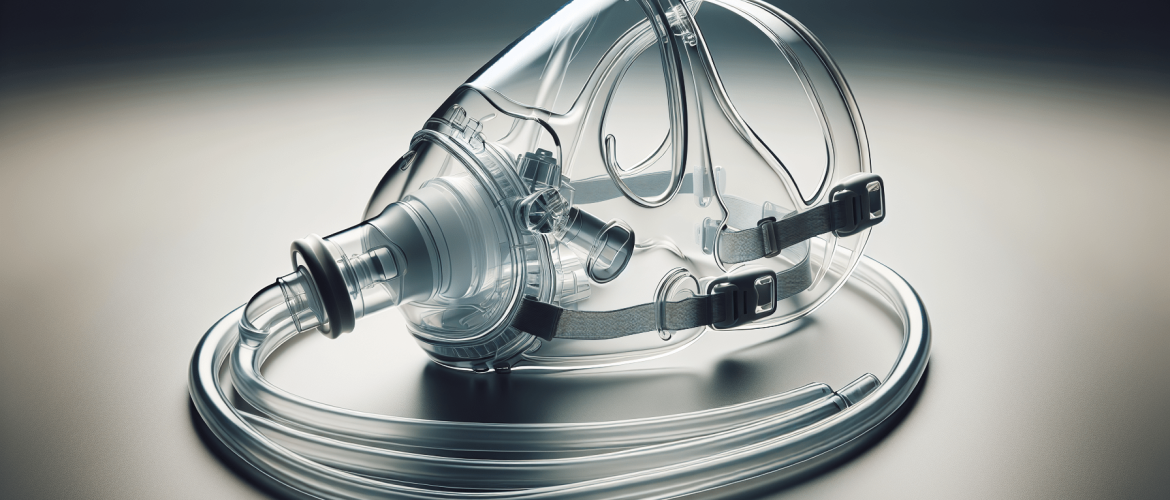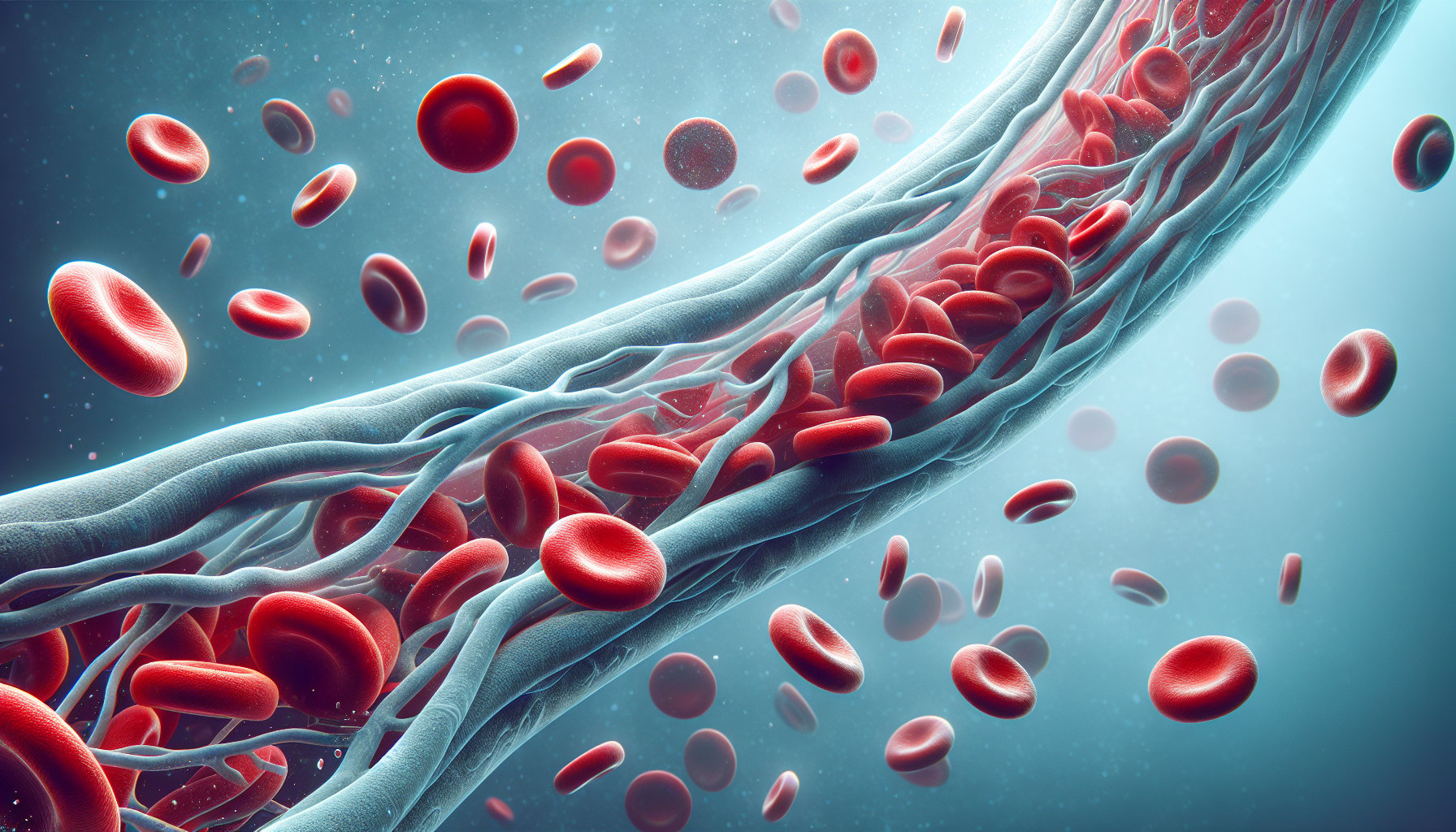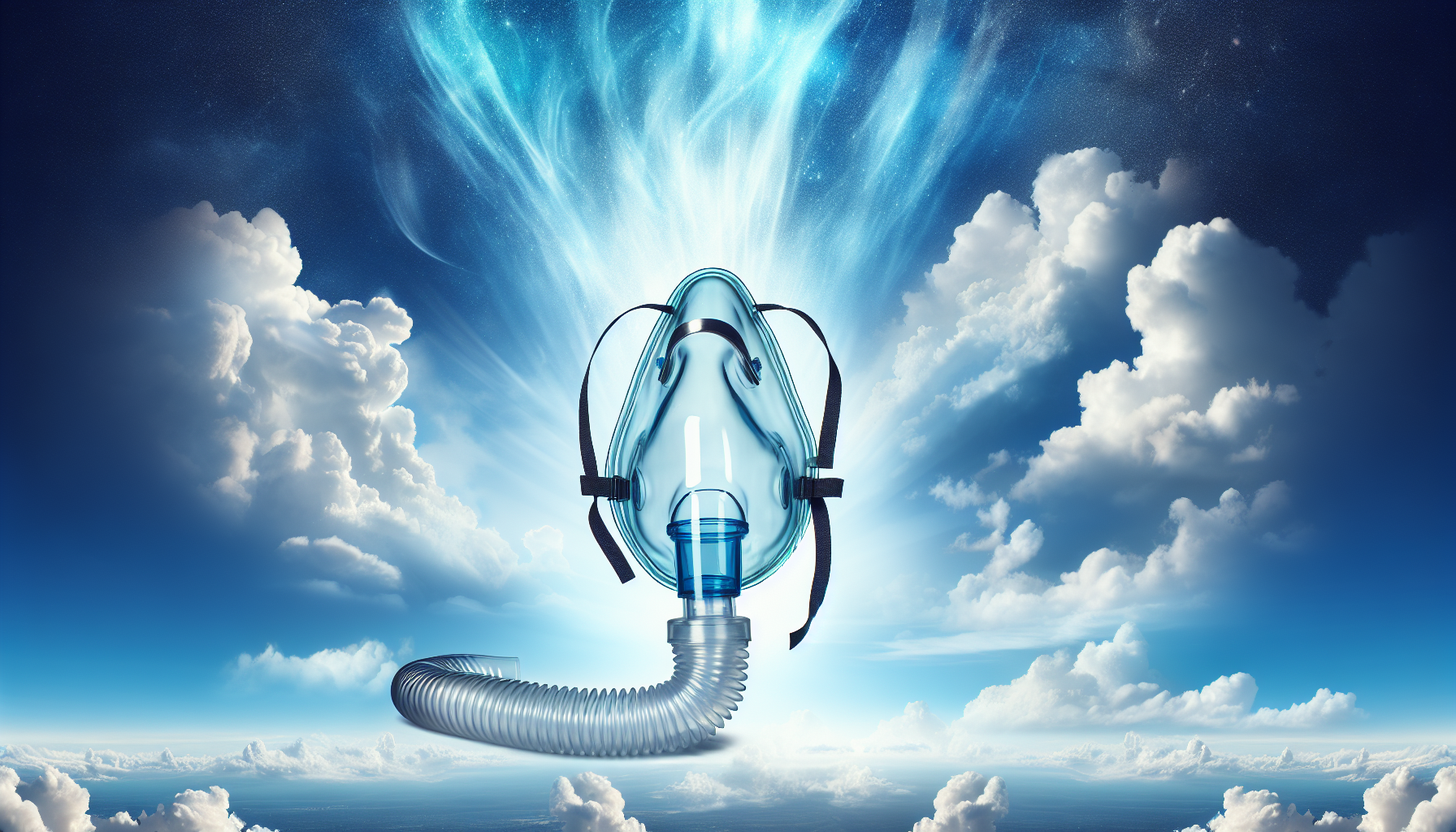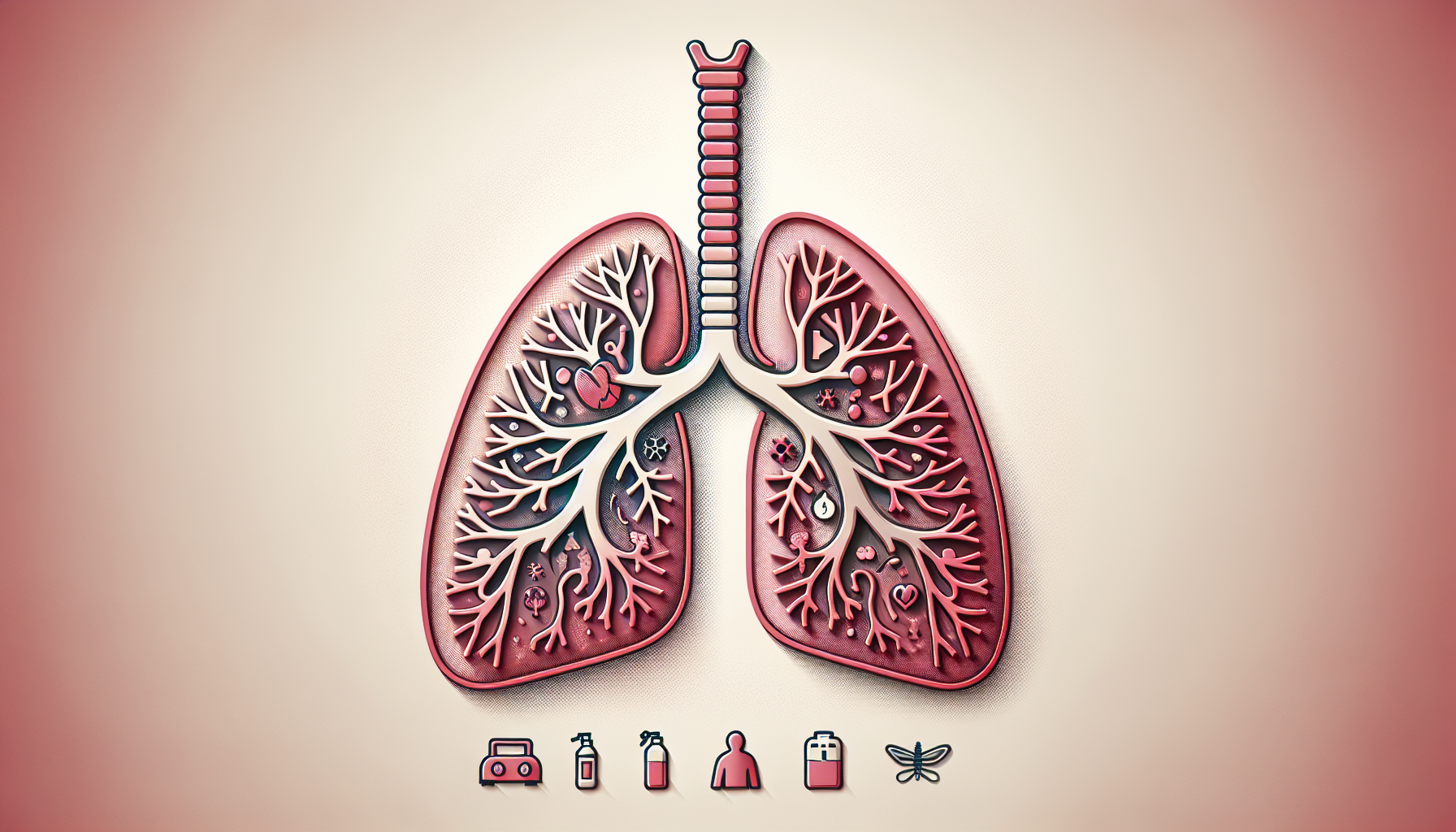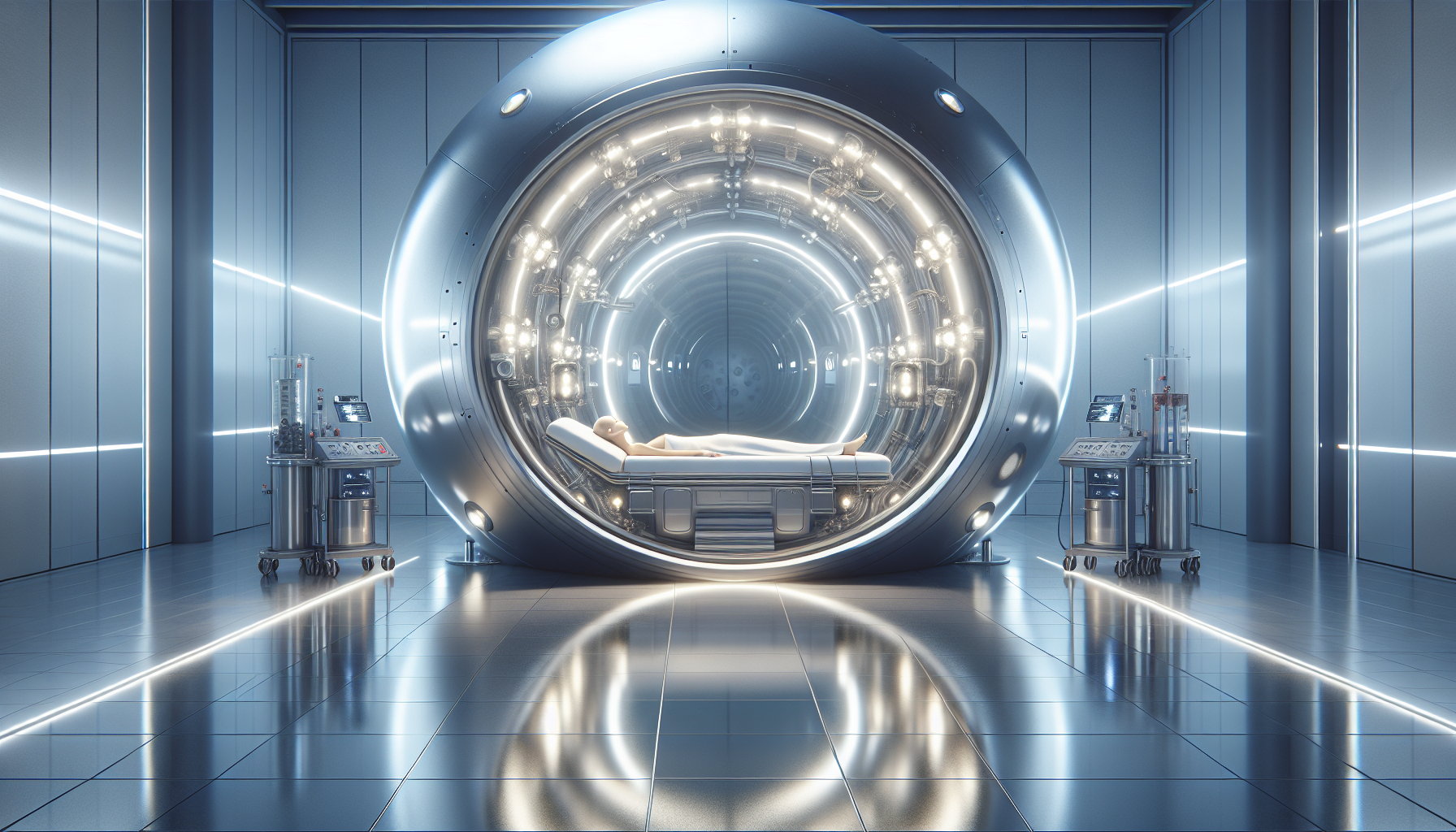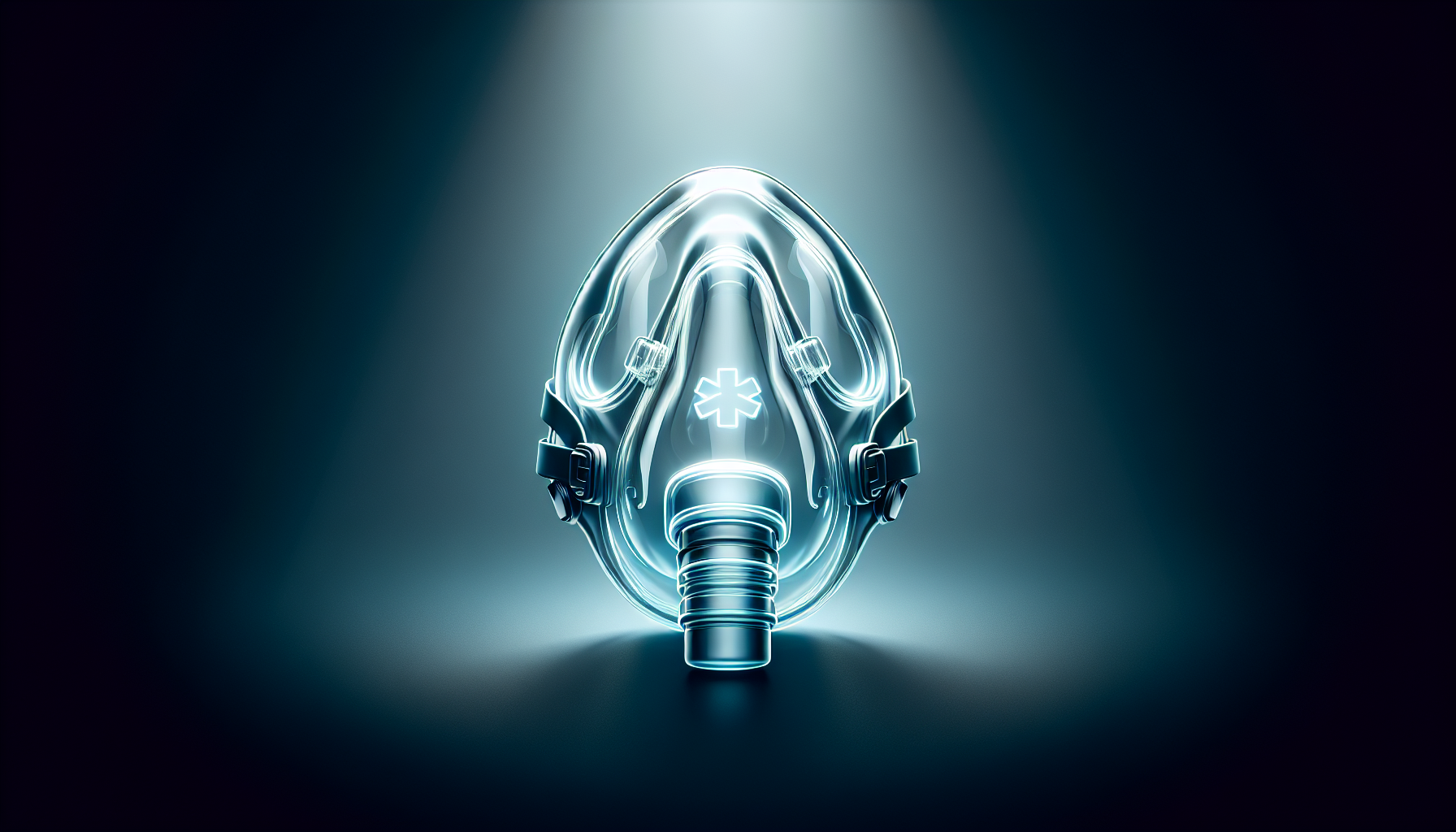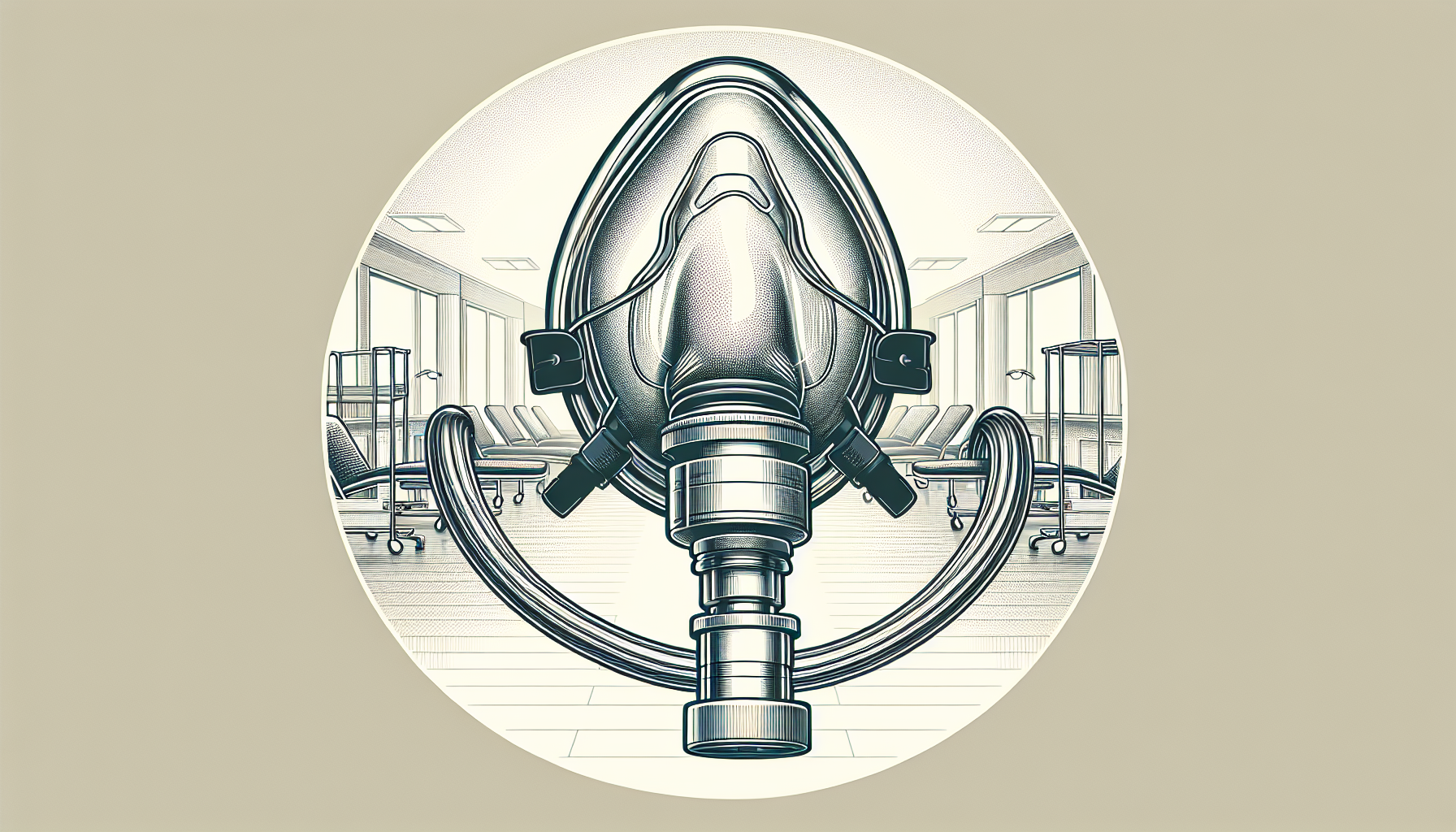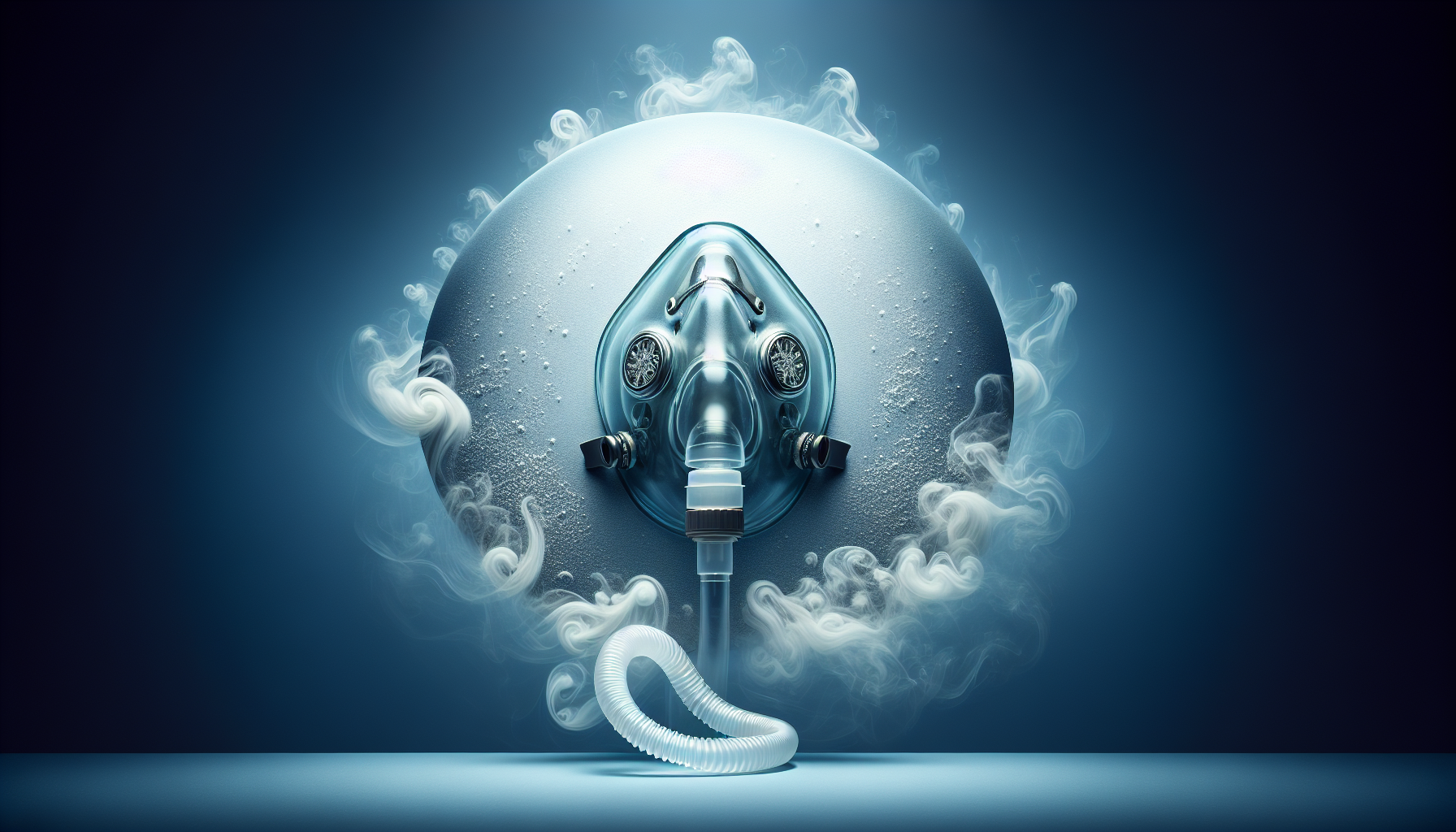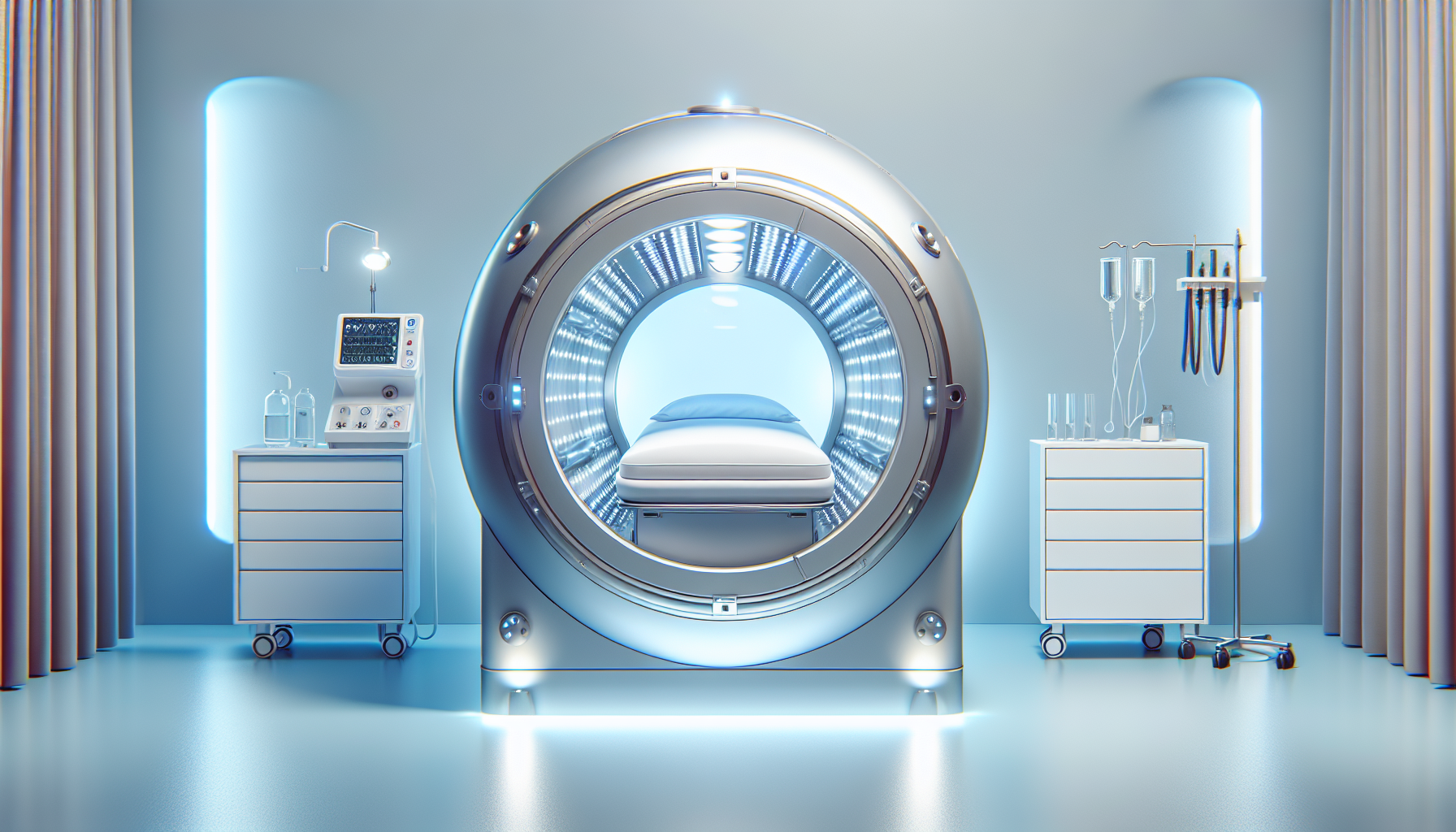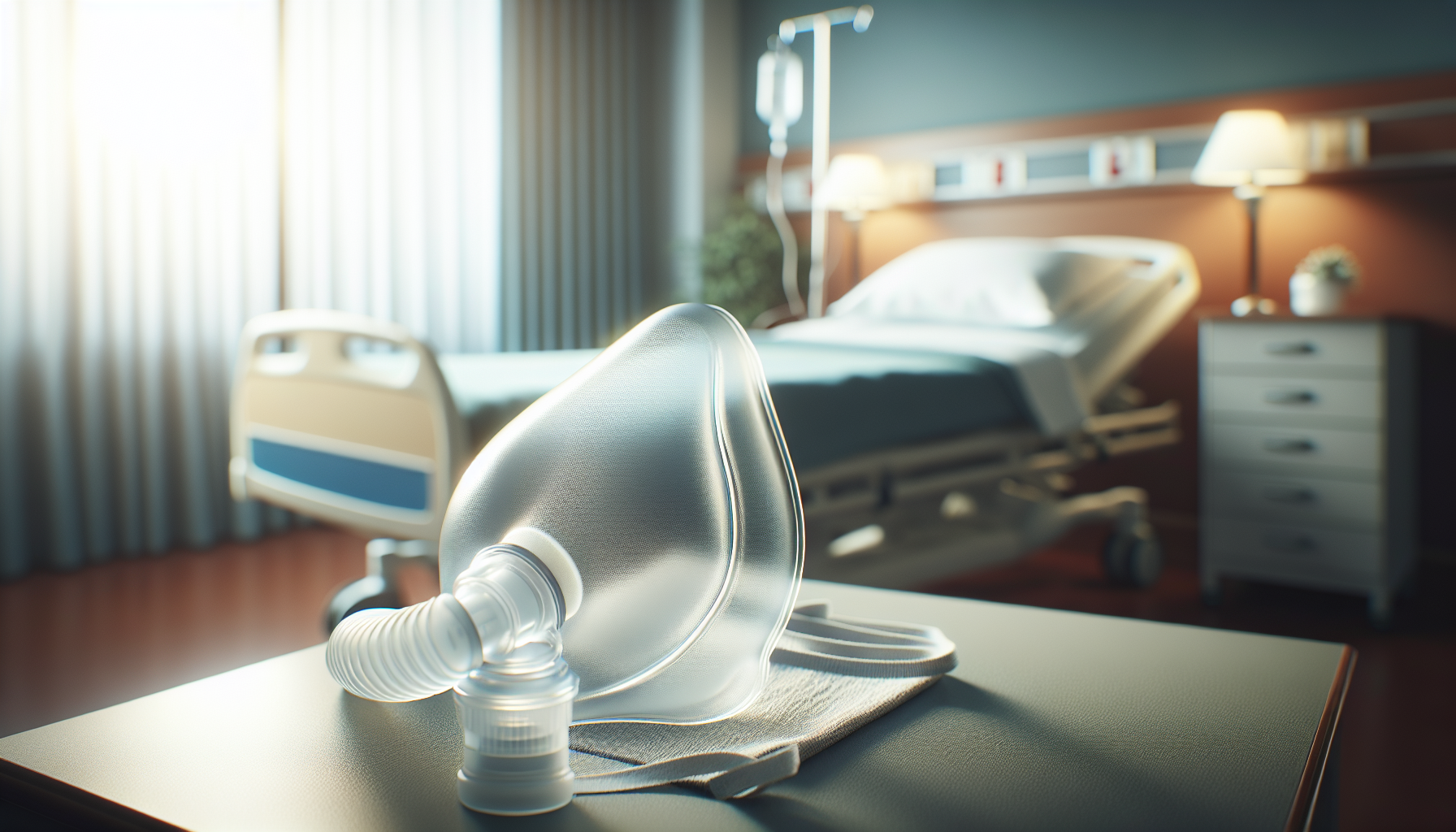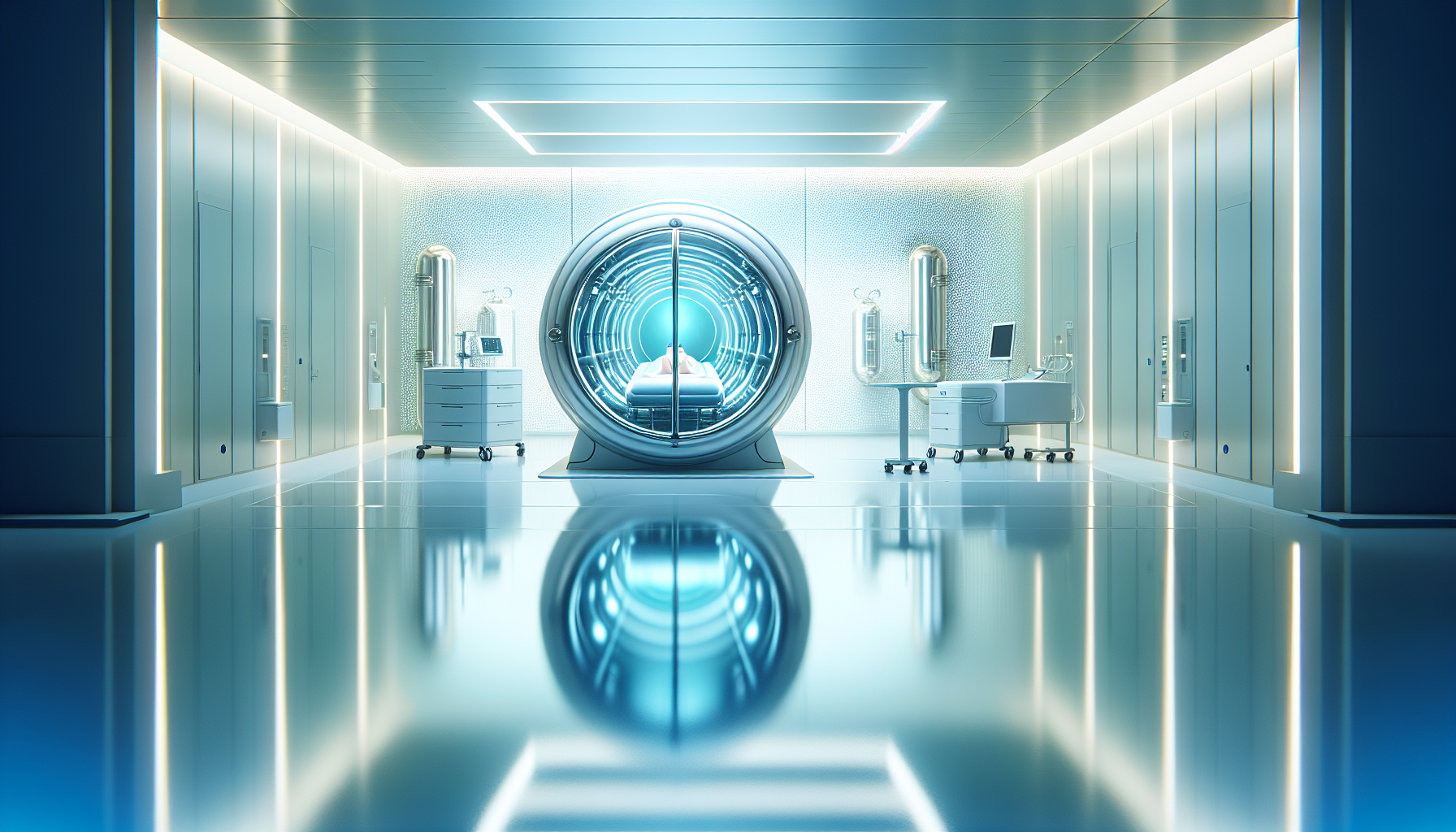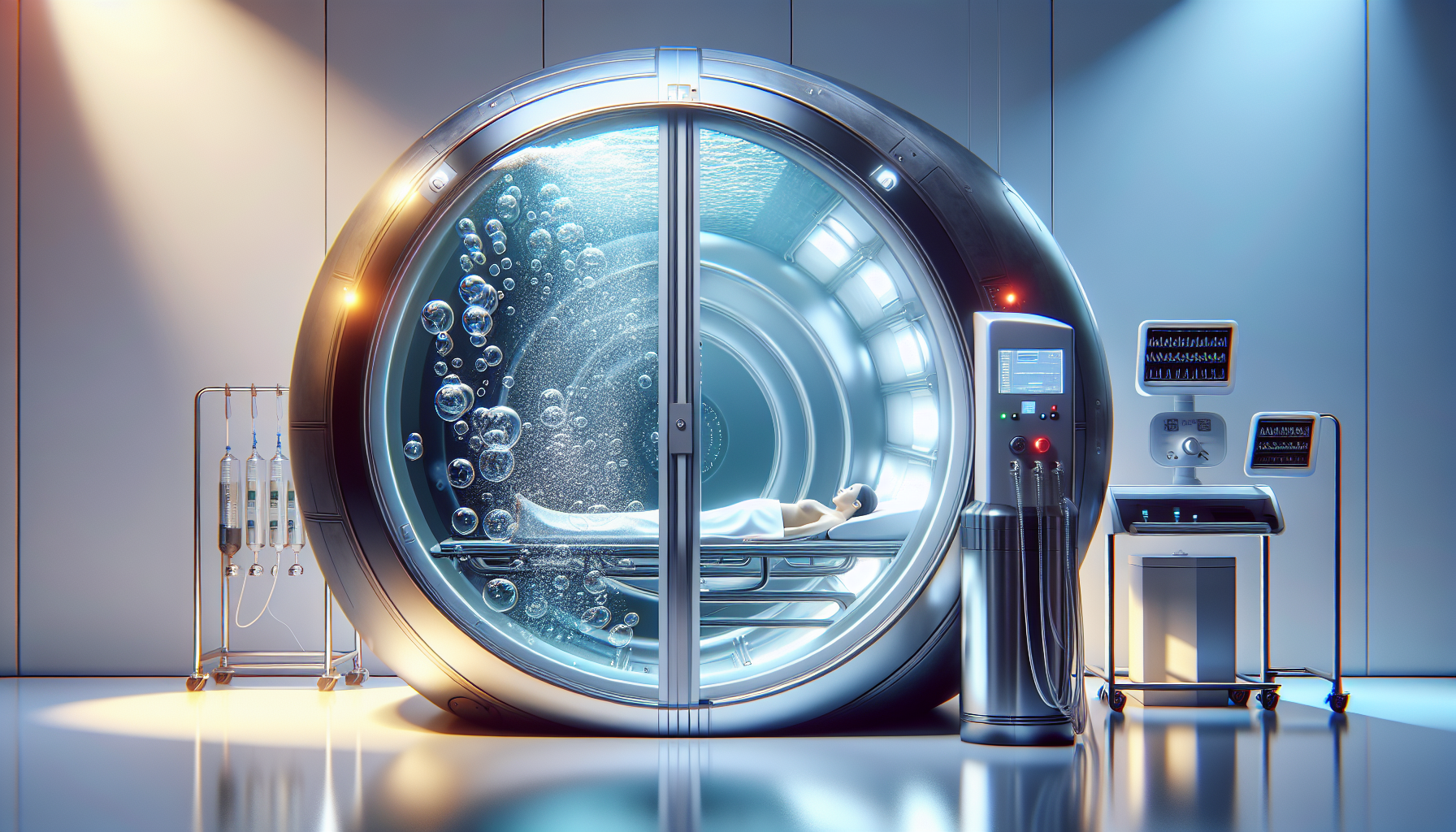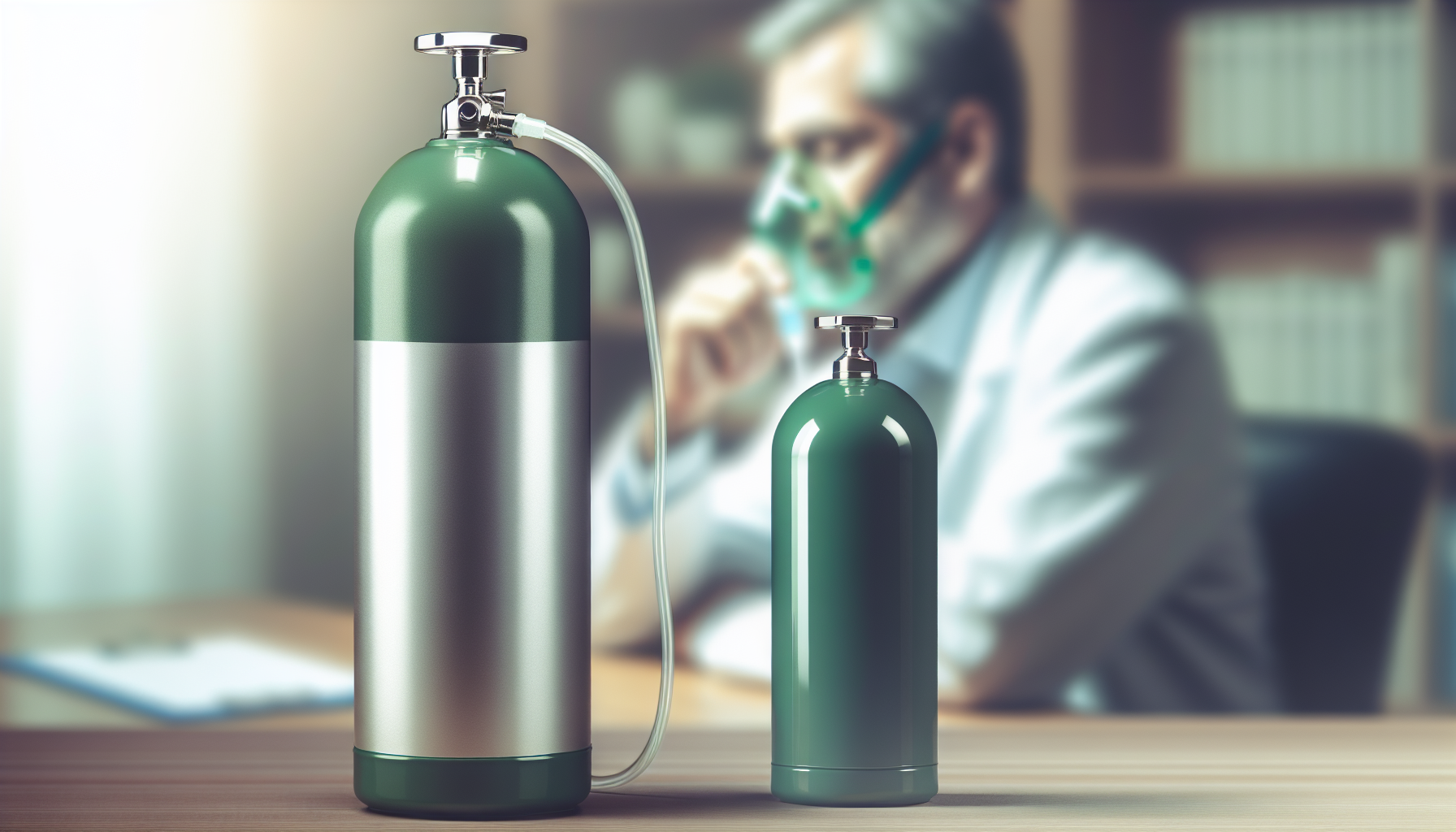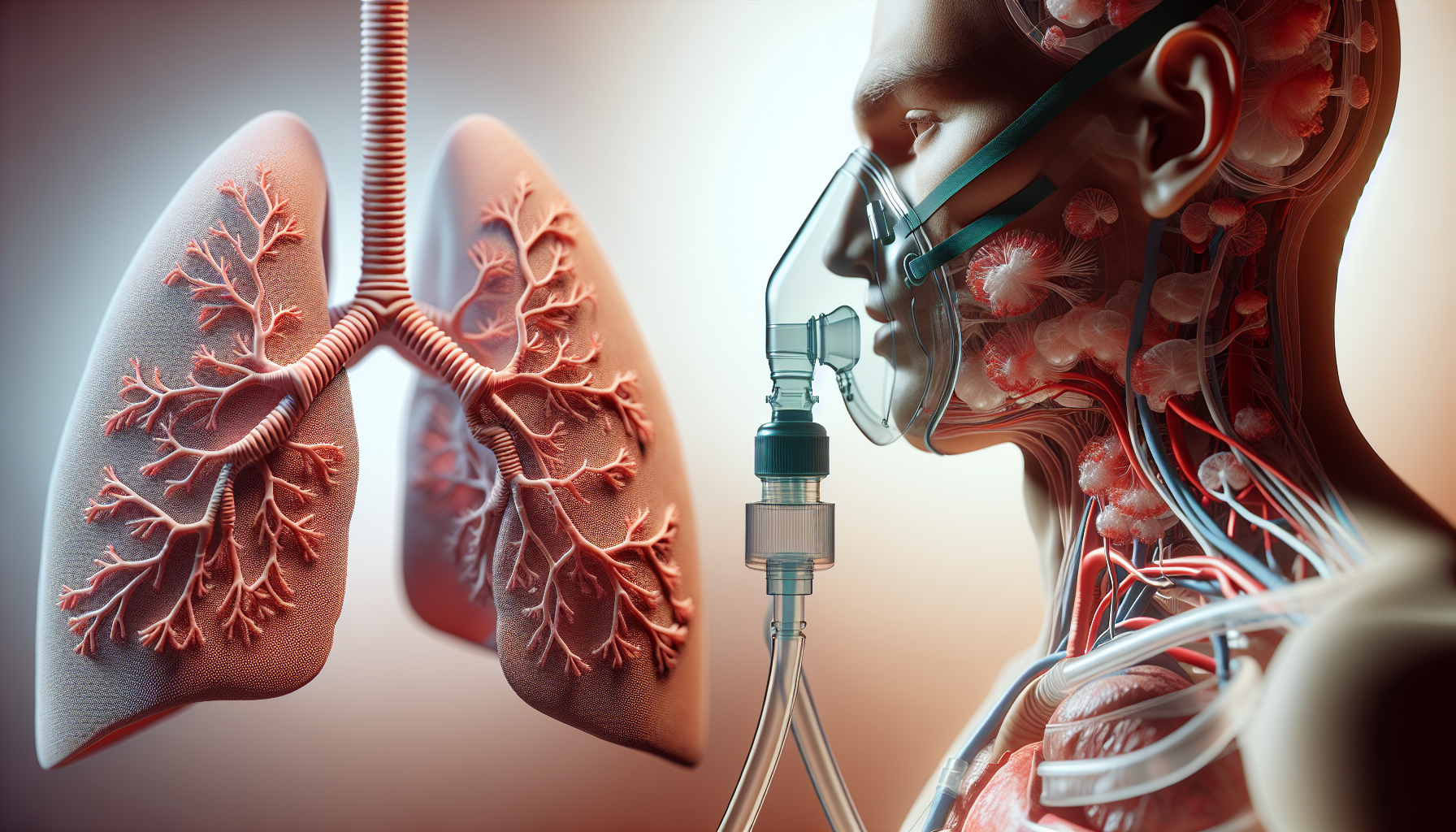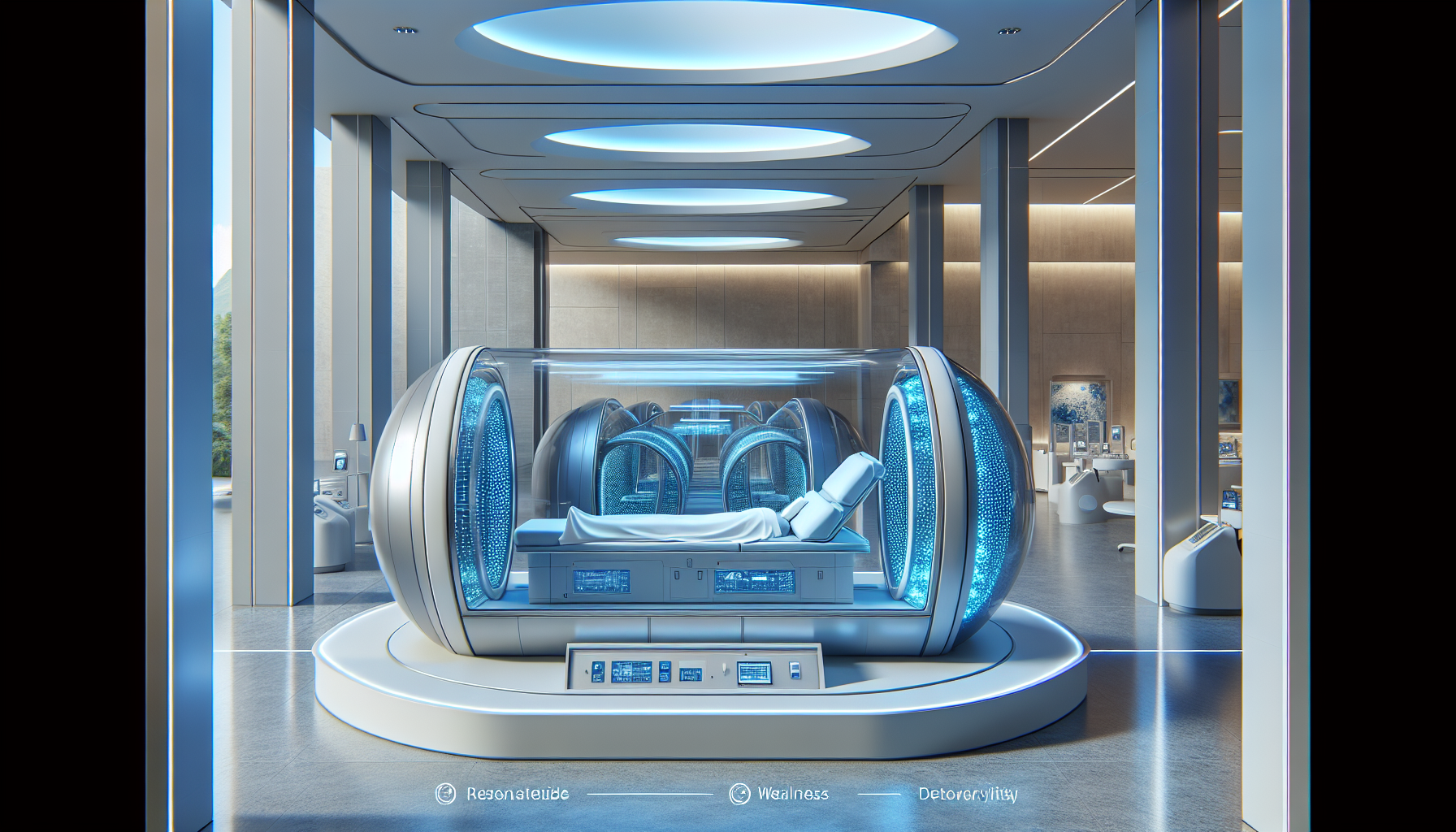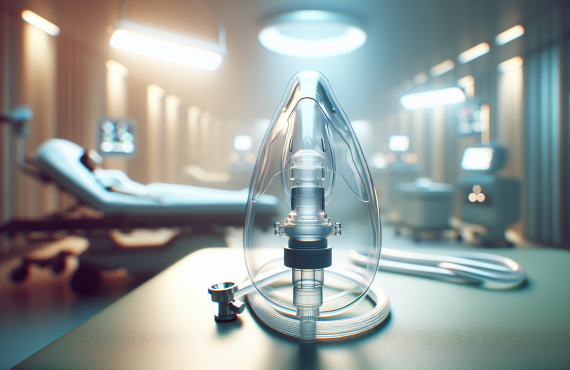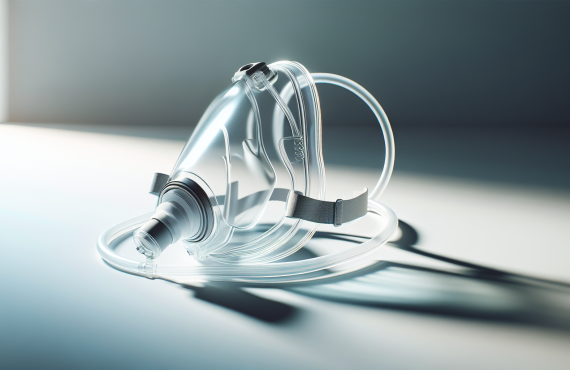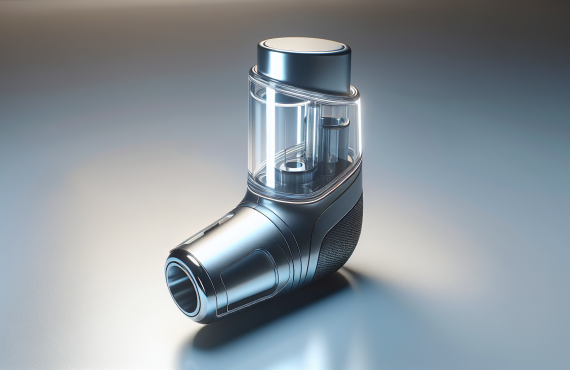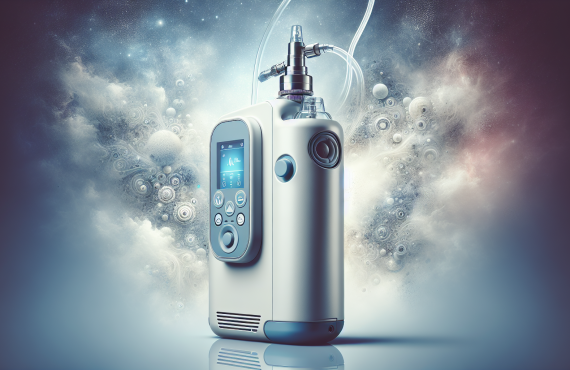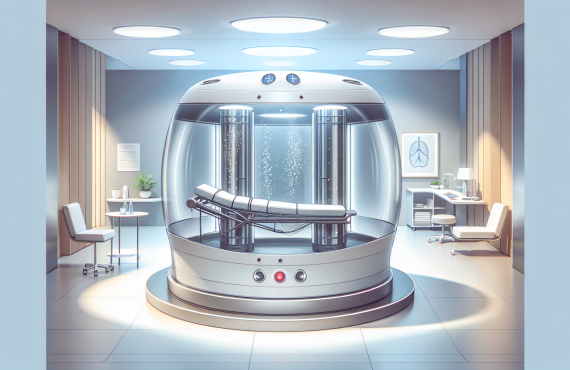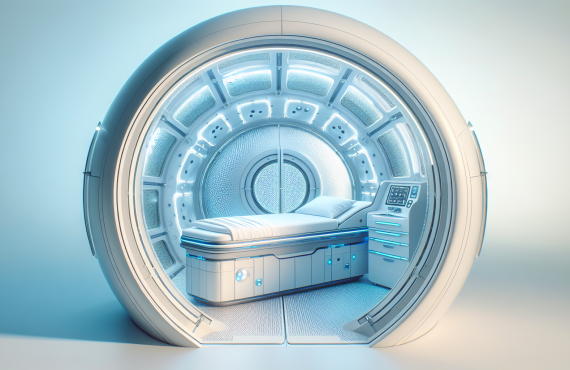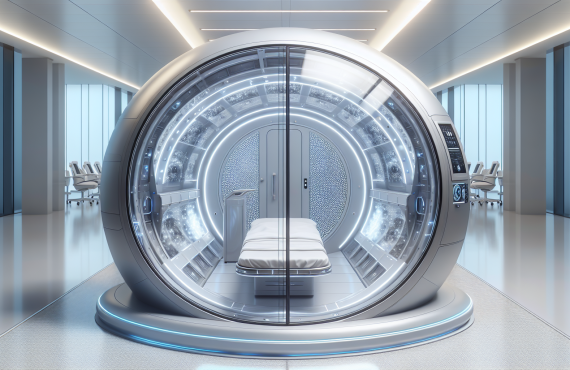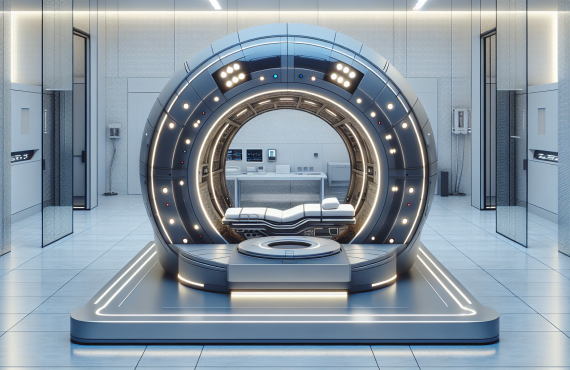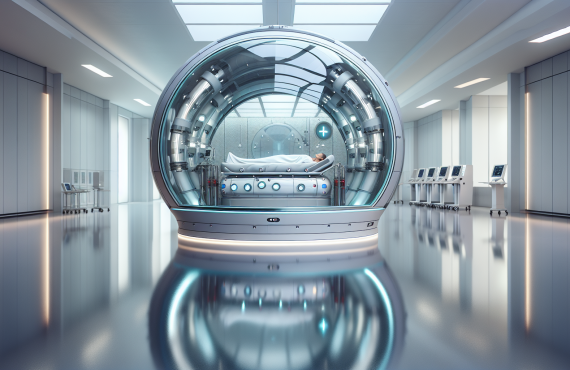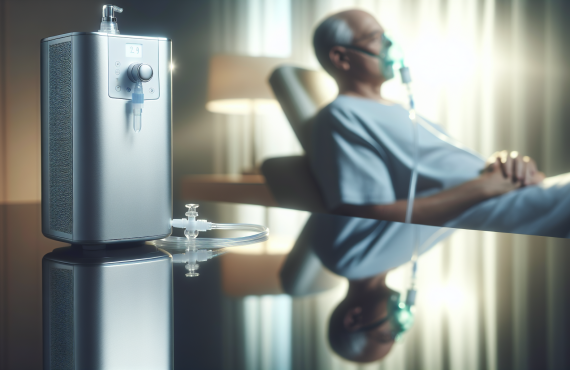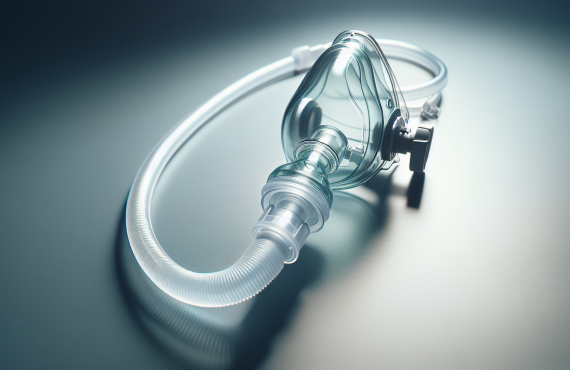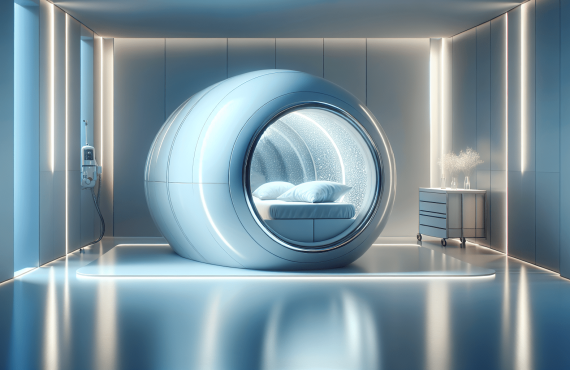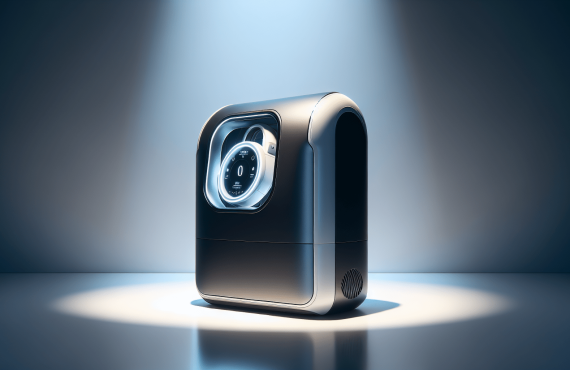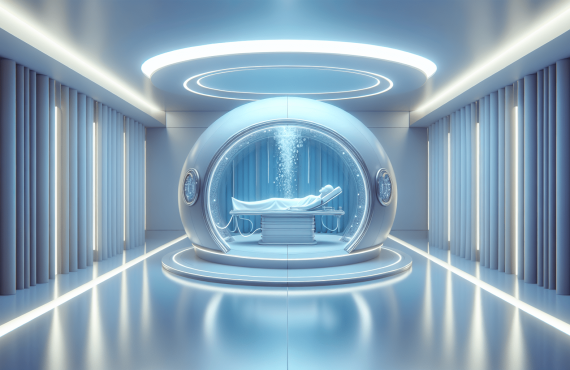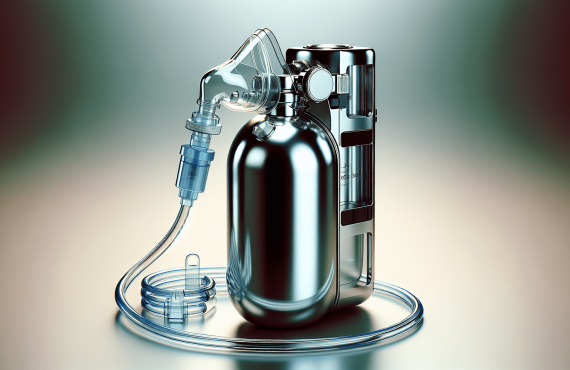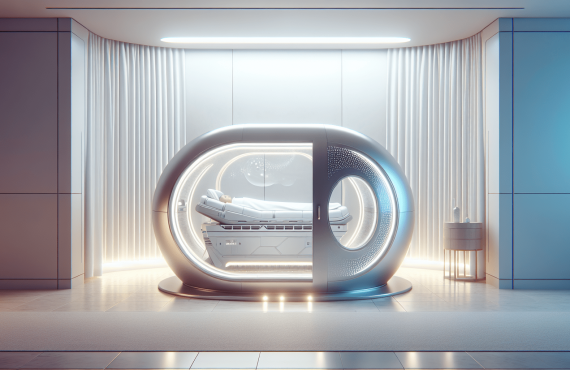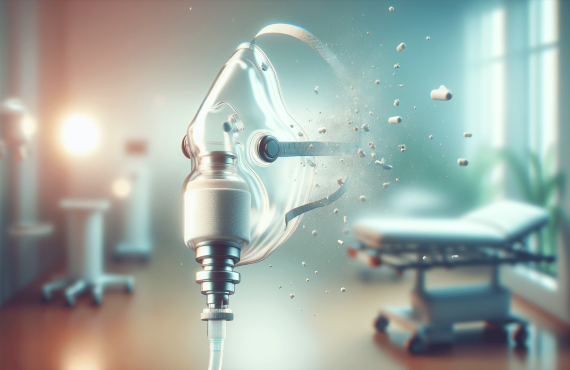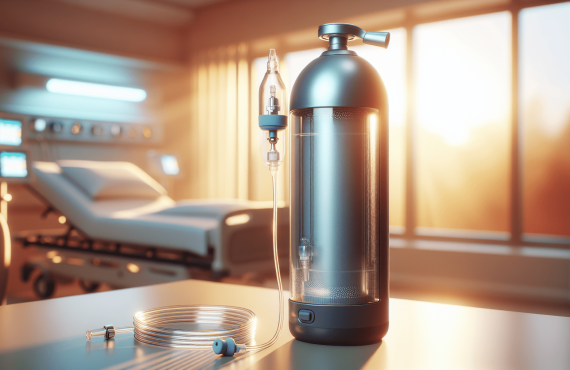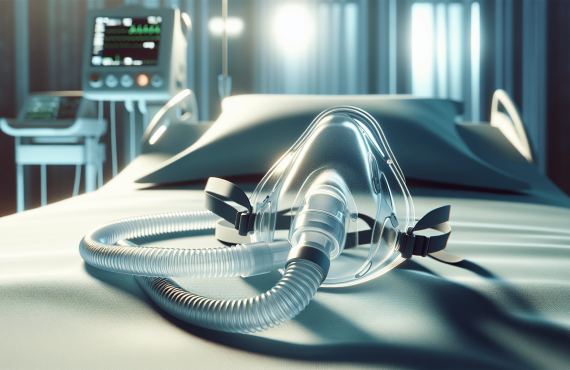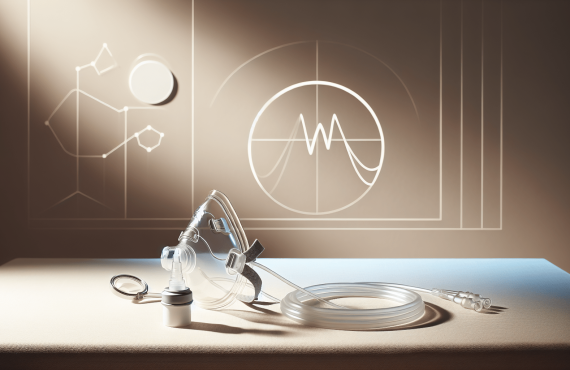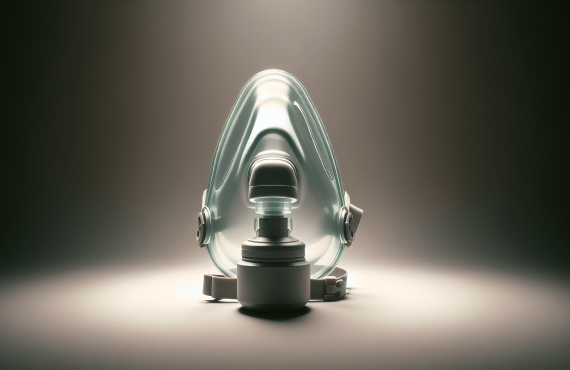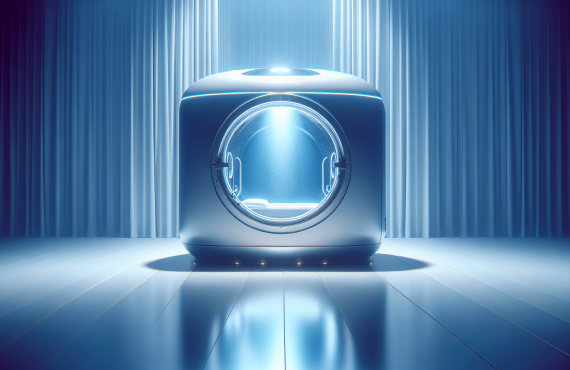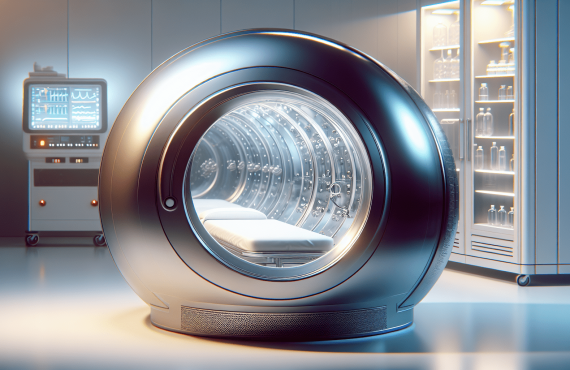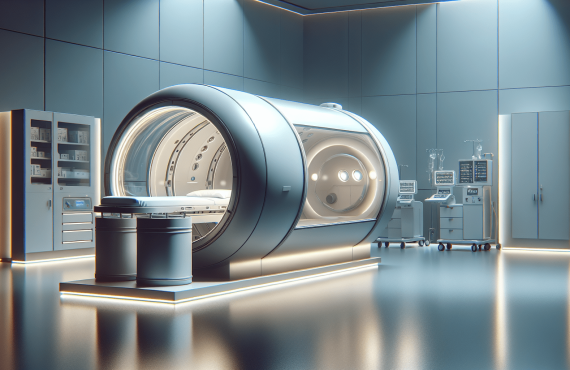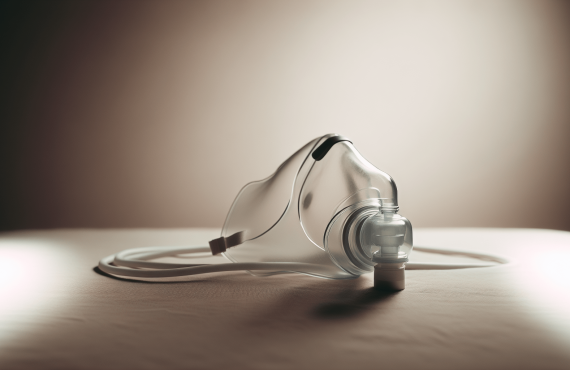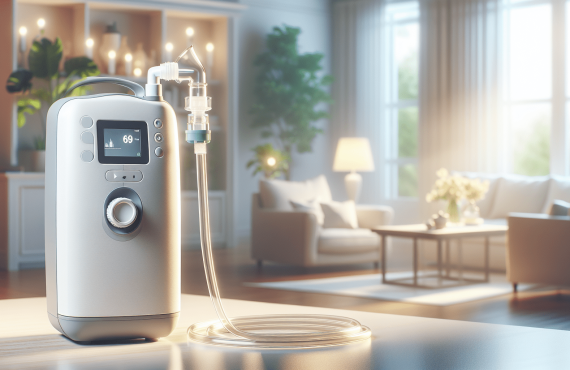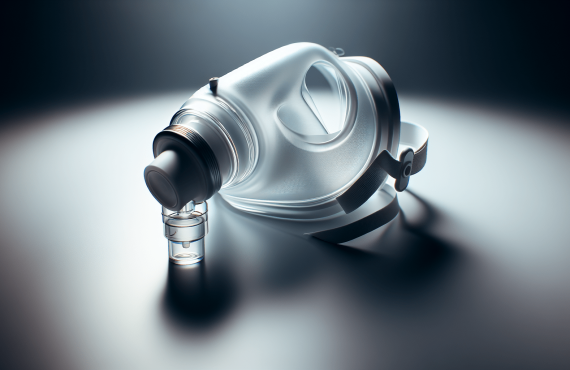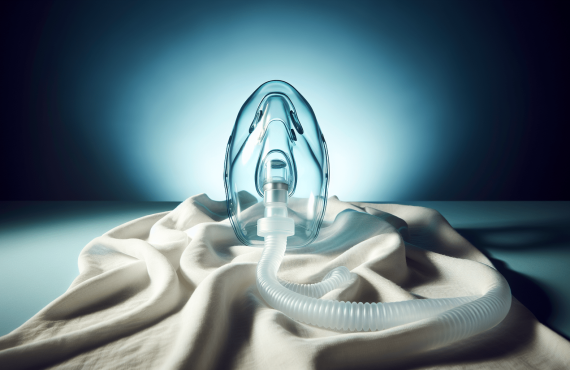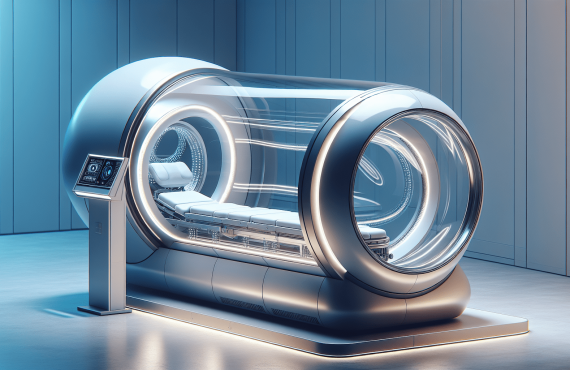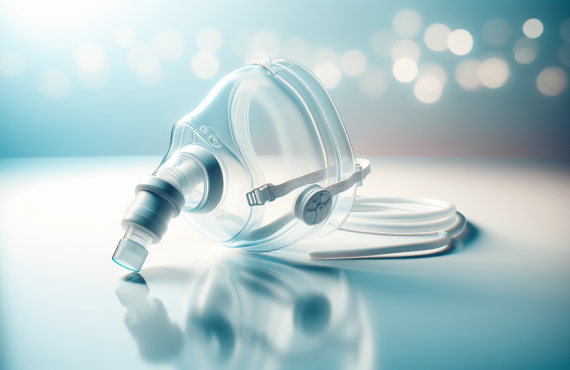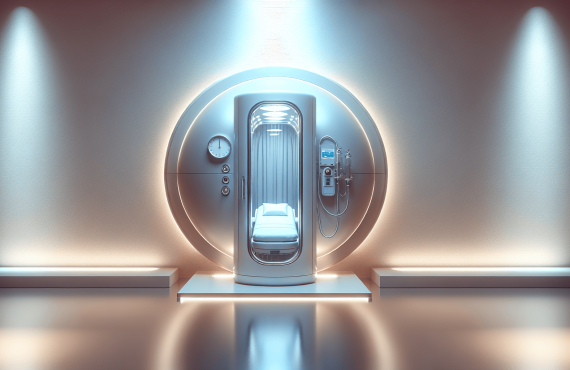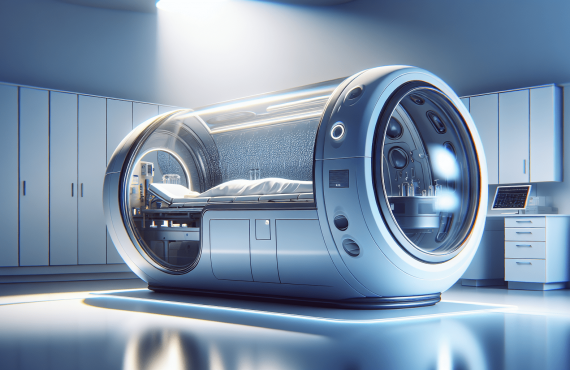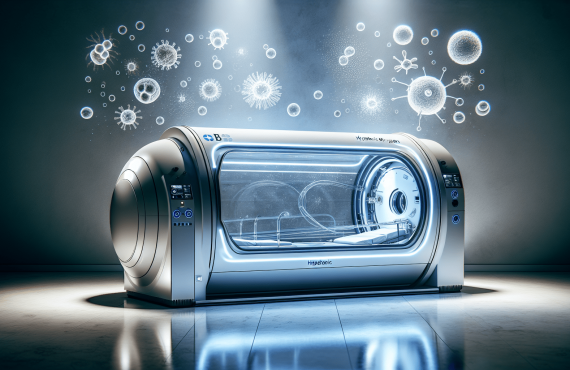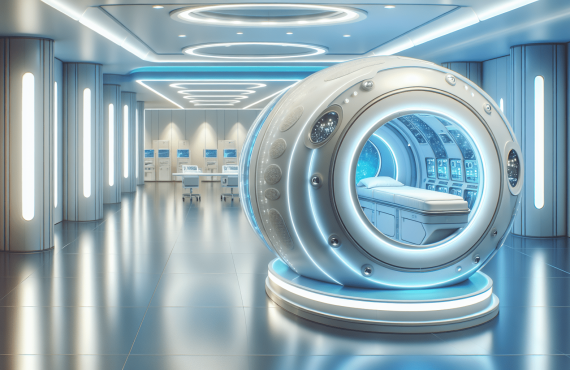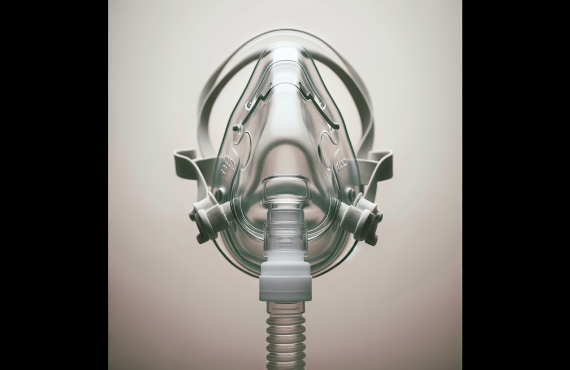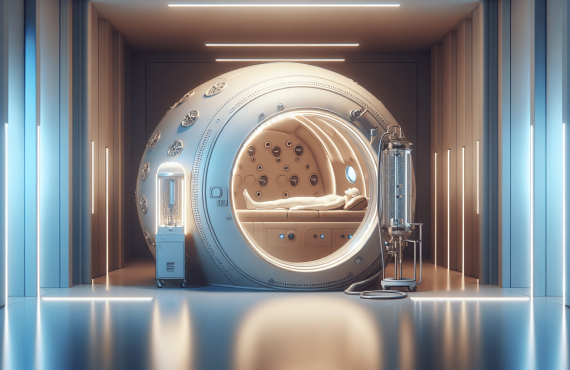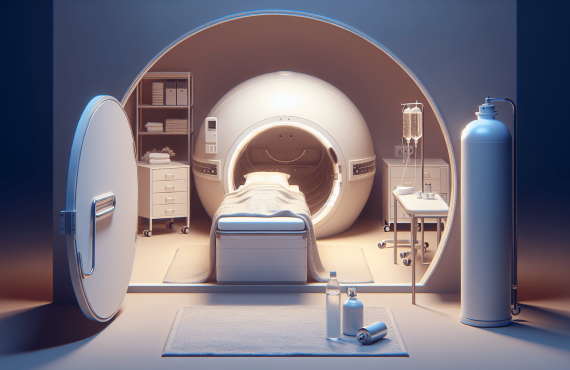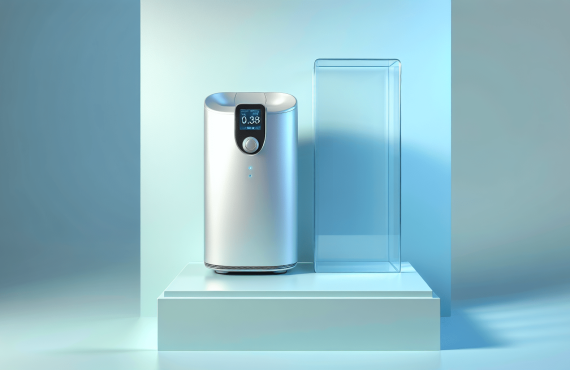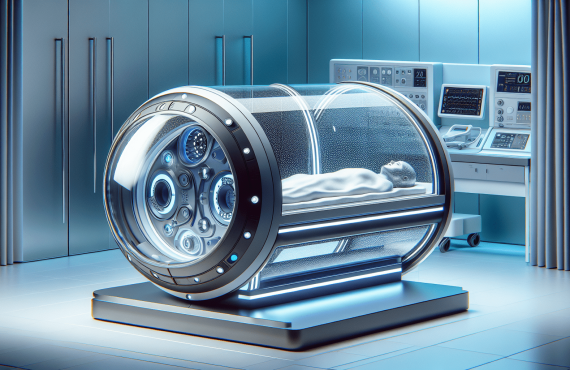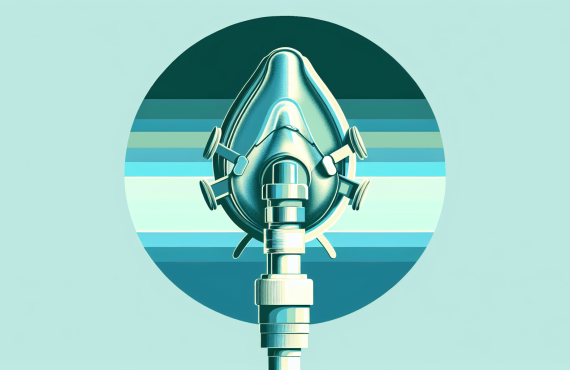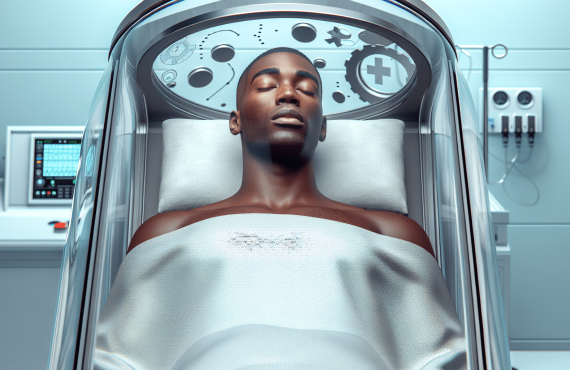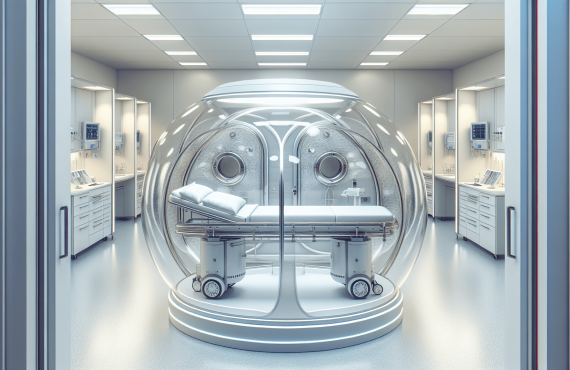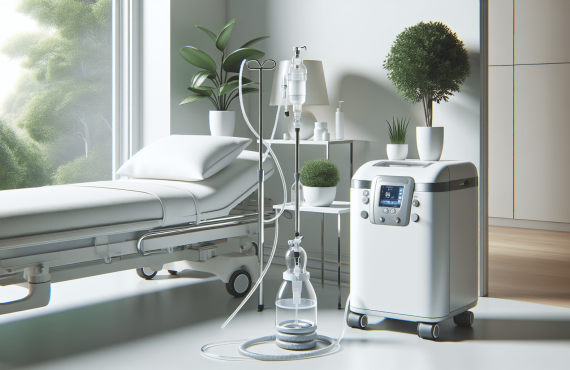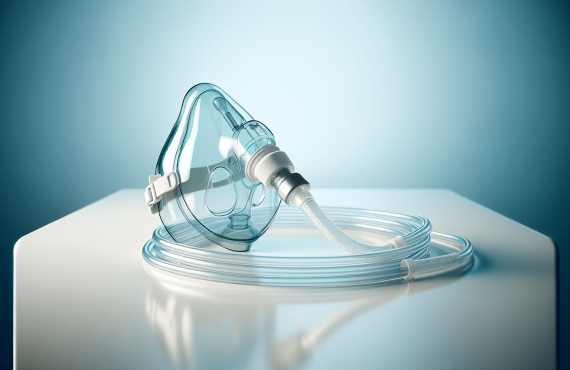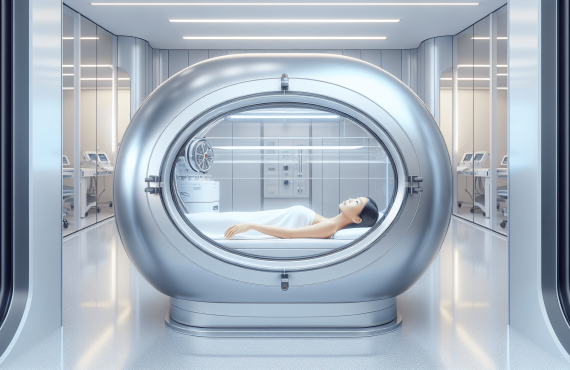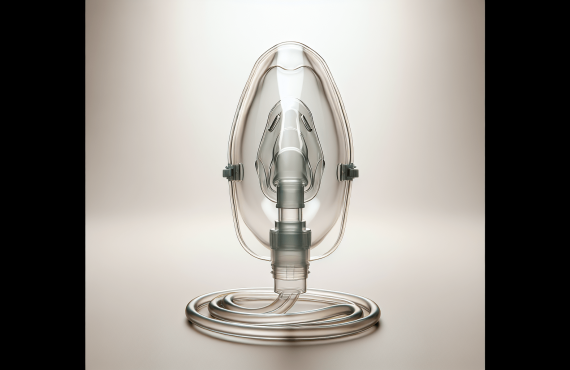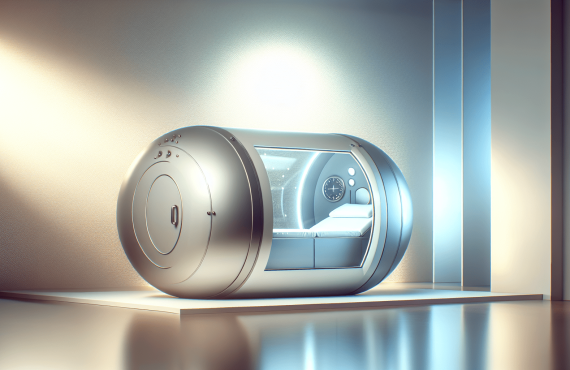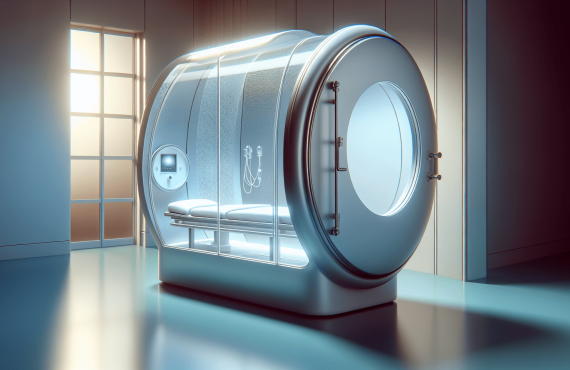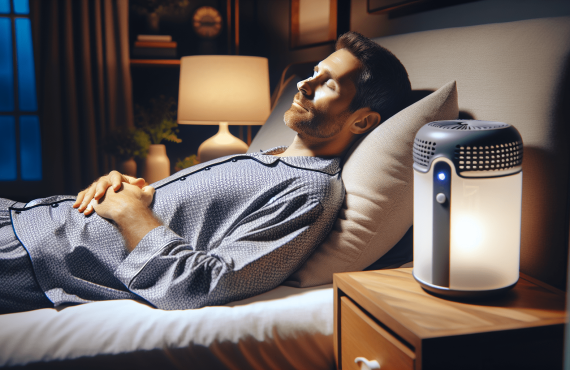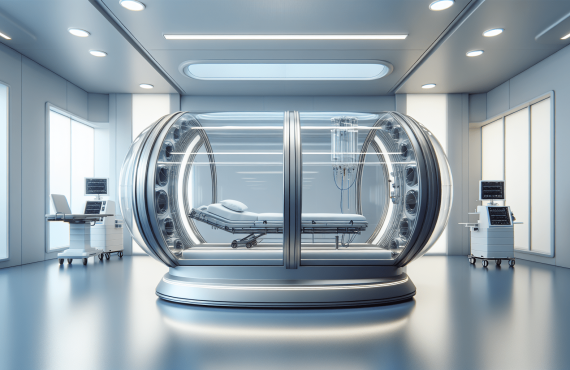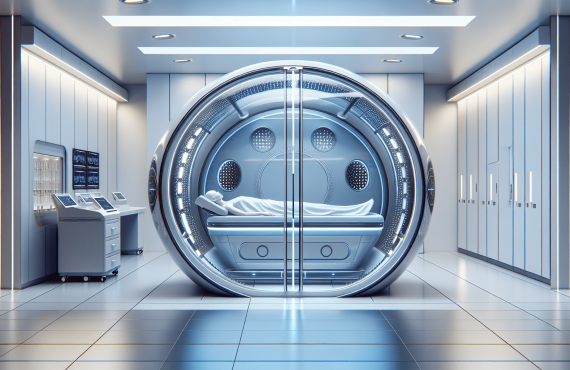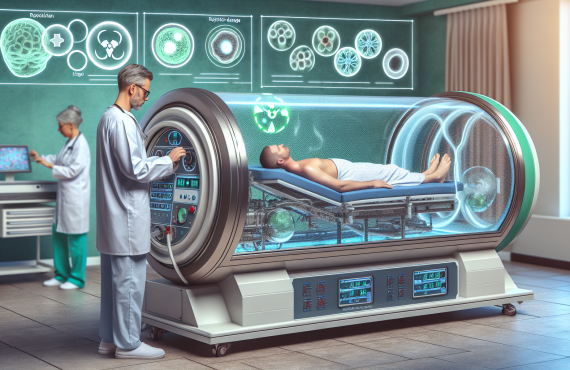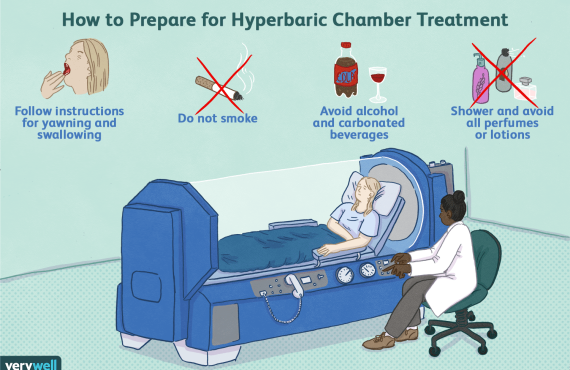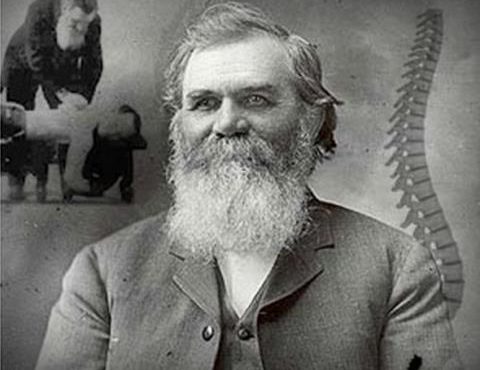Have you ever wondered if someone might need oxygen therapy, or what exactly it involves? Breathing is something most of us do without a second thought, but for some people, every breath is a reminder that their bodies might need a little extra help. This is where oxygen therapy comes into play, and understanding when and why it is needed can offer clarity around this vital medical treatment.
Table of Contents
Understanding Oxygen Therapy
Oxygen therapy is a treatment that provides you with extra oxygen. It helps deliver this essential gas into your lungs and bloodstream when your body struggles to get enough from the air you breathe. While breathing might seem straightforward, the impact of oxygen therapy can be life-changing for many.
Why Oxygen is Essential
Oxygen is crucial because it fuels the cells in our bodies. Without sufficient oxygen, cells cannot function properly, which can lead to serious health issues. Think of oxygen as the fuel for a car engine. Without it, both the car and the body will eventually sputter to a halt.
Who Might Need Oxygen Therapy?
Oxygen therapy is not just for everyone. It is usually recommended when a medical evaluation determines that your blood oxygen levels are dangerously low. This situation can arise from various conditions.
Chronic Obstructive Pulmonary Disease (COPD)
Chronic Obstructive Pulmonary Disease, or COPD, is one of the most common reasons you might need oxygen therapy. COPD makes it difficult to breathe normally, and supplemental oxygen can help your body work more efficiently by ensuring it gets the oxygen it needs.
Other Lung Conditions
Lung conditions such as pneumonia, asthma, or pulmonary fibrosis can also reduce oxygen levels, making oxygen therapy necessary. These conditions can cause scarring or inflammation in the lungs, which interferes with oxygen absorption.
Heart-Related Disorders
Certain heart conditions can affect how oxygen-rich blood circulates through your body. If your heart struggles to deliver enough oxygen, therapy might assist in maintaining proper oxygen levels.
Sleep Apnea
Sleep apnea can reduce your blood oxygen levels at night. People with serious sleep apnea often find themselves needing oxygen therapy, especially if they use a continuous positive airway pressure (CPAP) machine.
Cluster Headaches
Surprisingly, even cluster headaches can sometimes warrant oxygen therapy. Breathing pure oxygen can provide quick relief from this painful condition.

How Does Oxygen Therapy Work?
Oxygen therapy works by increasing the oxygen level in your blood, giving your organs the boost they need to function optimally. The delivery methods can vary based on your individual needs and lifestyle.
Delivery Methods
- Nasal Cannula: A lightweight tube with two prongs that fit into your nostrils. It’s often used for less severe conditions.
- Face Mask: This covers your nose and mouth, providing higher concentrations of oxygen, and is often used in emergencies.
- Oxygen Tanks: These are portable and ideal for active lifestyles. They contain compressed oxygen.
- Oxygen Concentrators: These devices extract oxygen from the air, providing a continuous supply without needing refills.
Comparison Table of Oxygen Delivery Methods
| Method | Oxygen Concentration | Portability | Usage Duration | Ideal For |
|---|---|---|---|---|
| Nasal Cannula | Low to Moderate | High | Long-Term | Daily use |
| Face Mask | Moderate to High | Low | Short-Term/Emergency | Hospital or home |
| Oxygen Tank | Variable | Moderate | Variable | Active individuals |
| Oxygen Concentrator | Continuous | Low | Long-Term | Home use |
The Benefits of Oxygen Therapy
Oxygen therapy offers several benefits, particularly for those whose health conditions put them at risk of complications due to low blood oxygen levels.
Improved Quality of Life
By ensuring that your body receives the oxygen it needs, therapy can significantly improve your quality of life. You may find that you have more energy and can participate in activities you enjoy without feeling fatigued.
Longer Lifespan
Research suggests that oxygen therapy can prolong life for those with severely low oxygen levels. It’s not just about breathing better; it’s about living longer.
Better Sleep
For those with sleep-related breathing disorders, oxygen therapy can improve sleep quality. Waking up feeling refreshed can transform your day-to-day experiences.

How to Know if You Need Oxygen Therapy
If you’re feeling unsure about whether you need oxygen therapy, consulting a healthcare professional is essential. They use specific tests to make this determination.
Medical Evaluation
Doctors typically use pulse oximetry to measure your blood’s oxygen level. This simple test uses a sensor placed on your finger to provide a reading in seconds.
Arterial Blood Gas Test
For a more detailed analysis, an arterial blood gas test might be conducted. It directly measures the amount of oxygen in your blood, as well as other levels, like carbon dioxide, giving doctors a comprehensive picture of your respiratory status.
FAQs About Oxygen Therapy
Here are some frequently asked questions about oxygen therapy to help demystify the process.
1. Is oxygen therapy a lifelong necessity?
Not always. Some conditions require temporary support, while others might need long-term management. Your doctor will guide you based on your condition.
2. Can I travel with oxygen tanks?
Yes, but it’s essential to plan in advance, especially if you’re flying. Consult your oxygen supplier and airline to ensure you meet all safety regulations.
3. Are there any side effects of oxygen therapy?
Mild side effects can include nasal dryness or headaches. It’s essential to use the therapy as prescribed to avoid complications from excessive oxygen intake.
4. Will oxygen therapy improve my stamina?
It can improve stamina by increasing your energy levels, but the result varies depending on your condition and overall health.
5. Is a prescription necessary for oxygen therapy?
Yes, oxygen is considered a medication, and a prescription is vital to ensure you receive the correct dosage and type.
What is Hyperbaric Therapy?
Switching gears a bit, let’s talk about Hyperbaric Therapy, also known as Hyperbaric Oxygen Therapy (HBOT). This treatment involves breathing pure oxygen in a pressurized environment, often a specially designed chamber. It might sound a bit sci-fi, but there’s solid science behind it.
Definition of Hyperbaric Therapy
Hyperbaric therapy involves administering 100% oxygen at pressures higher than typical atmospheric pressure. This increased pressure helps flood your body with oxygen, delivering it at rates unrealistic under normal circumstances.
How it Works
Under usual atmospheric conditions, your lungs extract oxygen from the air, releasing it into your bloodstream. But in a hyperbaric chamber, the pressure forces more oxygen to dissolve into your plasma, reaching areas with limited supply. This enriches tissues, reduces inflammation, fosters healing, boosts immune responses, and encourages new blood vessel growth, known as angiogenesis.
When Should You Consider Hyperbaric Therapy?
Hyperbaric therapy can be a game-changer for specific medical conditions.
Wound Healing
Chronic wounds, particularly diabetic ulcers, benefit greatly from the increased oxygen, which encourages better healing and even plays a part in fighting infections.
Decompression Sickness
Scuba divers who ascend too quickly might suffer from decompression sickness, also known as “the bends.” Hyperbaric therapy can help manage this condition effectively.
Carbon Monoxide Poisoning
Breathing pure oxygen in a hyperbaric chamber can rapidly remove carbon monoxide from the blood, reducing the risk of long-term brain or heart damage.
Introduction to the Experts: Dr. Craig Henry and Dr. Aaron Hixon
Let’s shine a light on some of the experts in healthcare at Henry Chiropractic. Owned and operated by Dr. Craig Henry, this center provides chiropractic care in Pensacola and surrounding areas.
Dr. Craig Henry
Dr. Henry is a licensed chiropractor who works diligently to improve health and wellness in all areas of life. Whether it’s persistent back pain or helping you start your day better, he’s committed to supporting your health needs.
Dr. Aaron Hixon
Dr. Aaron Hixon, another chiropractic physician at the establishment, is deeply committed to helping others. Raised in Milton, FL, Dr. Hixon completed his chiropractic studies in Florida. His passion for health extends beyond his practice, as he actively contributes to community establishments. When not practicing, Dr. Hixon enjoys staying physically active and exploring new culinary experiences.
Conclusion
Understanding the circumstances that necessitate oxygen therapy can empower you to be more informed about your respiratory health. Oxygen therapy and Hyperbaric Therapy, though different, both play vital roles in helping people lead healthier, more active lives. If you or someone you know could benefit from these treatments, consulting with healthcare professionals like Dr. Craig Henry and Dr. Aaron Hixon can be a valuable start. They bring expertise, compassion, and an unwavering commitment to health to their patients in Pensacola. For further information, you can reach out to Henry Chiropractic at 1823 N 9th Ave, Pensacola, FL 32503, call (850) 435-7777, or visit their website at drcraighenry.com.


